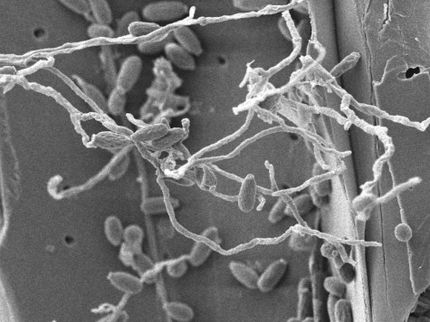Genetic modification can make apple growing more environmentally friendly
Advertisement
Genetic modification of apples can result in a more sustainable way of cultivation. This was the outcome of an Wageningen UR study in which the resistance of 280 genetically modified apple trees against scab, the most common fungal disease in the apple farming industry, was researched in a field experiment. The genetically modified trees had 60 percent less damage from the fungus, meaning that less pesticide is required to keep these trees healthy.
Plant Research International, a division of Wageningen UR, developed apple trees with additional genetic material from barley in 1994. This DNA element creates a substance which protects the barley from invasive fungi. After laboratory research showed that this substance was also effective against the fungus that causes apple scab, scientists deduced that placing this specific element of barley DNA in apple trees would protect them against scab. The need for chemical pesticides fighting the fungus would then decrease.
In 2003 a number of genetically modified trees from the Gala and Elstar varieties and a number of 'control trees' were planted in a research orchard, where the fungus causing scab was not countered with chemicals. The scientists monitored the damage of the scab on all trees to see whether the barley DNA could indeed offer protection against this major fungal disease. The results were positive. The Gala line with the most resistance had 60 percent less scab damage than the Gala trees which had not been genetically modified. As a result, these genetically modified trees need considerably less chemical protection.
The research orchard also contained Santana trees, a resistant apple type which was developed by Plant Research International via cross breeding. However, the Santana trees use an entirely different defence system. If the barley system and the Santana system were to be combined in apples through genetic modification, this would likely result in an even greater and more durable resistance against the fungus and might completely eradicate the use of chemical crop protection.
The research orchard was destroyed by vandals twice in four years. Although this led to financial losses, the research could still be successfully concluded.























































